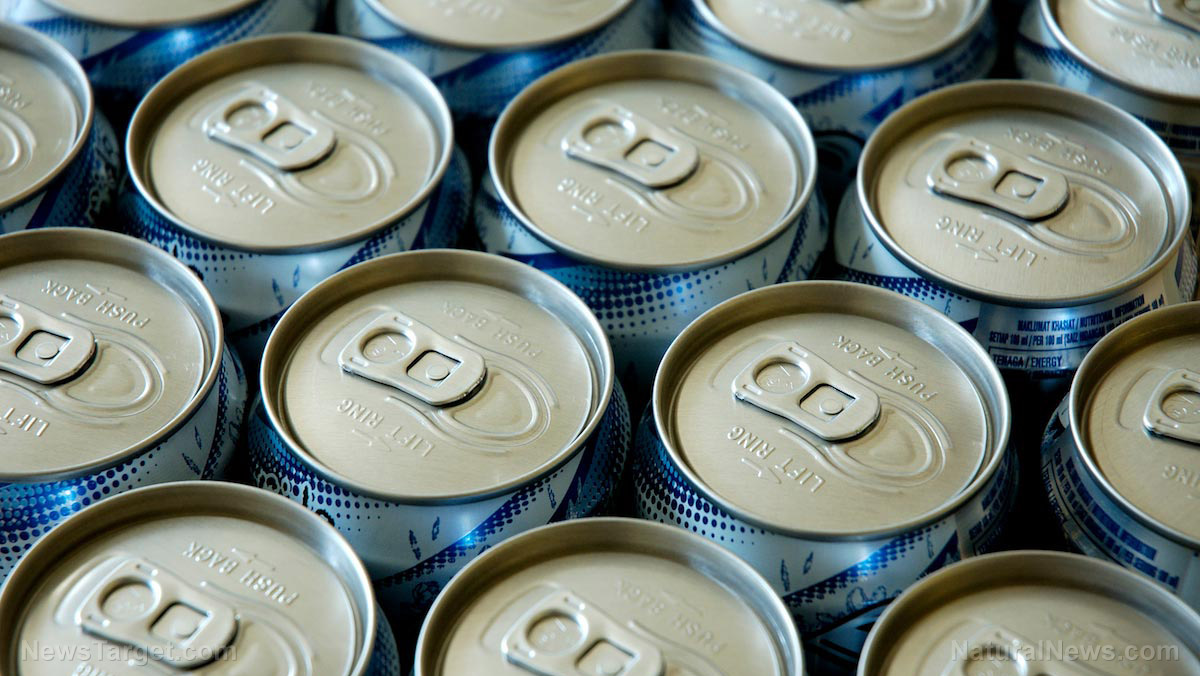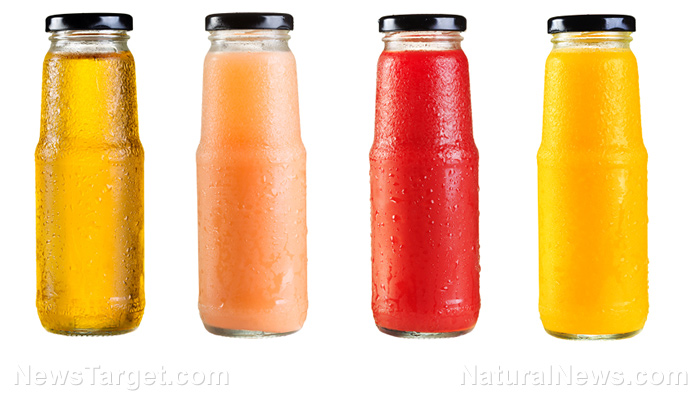Shock claim: Diet sodas are putting your fertility at risk
08/21/2018 / By Russel Davis

Diet sodas and other aerated beverages could be just as detrimental as regular sodas in terms of health risks. Health experts have recently noted that diet sodas and other aerated drinks were associated with reduced fertility in both men and women.
According to the experts, the artificial sweetener aspartame disrupts the endocrine system, which in turn results in hormonal imbalance and infertility in females.
“Almost all of the soft drinks and sodas contain aspartame which is linked to many health problems including infertility, malformations, and miscarriages. Excess consumption leads to hormonal imbalance and fluctuation that causes ovulatory disorders and even worsens PMS (premenstrual symptoms). Sperm and ovum, being cells, have 90 percent chances of dying when this is consumed in excess. It is advised by many doctors and experts to avoid anything that helps in the formation of free radicals in the body for the significance of reproductive health,” said Arvind Vaid, an in-vitro fertilization (IVF) expert.
The experts also noted that two amino acids found in aspartame — phenylalanine and aspartic acids — promoted free radical generation and subsequent cell death. Drinking sugar-laden, aerated beverages was also found to restrain the immune system and lead to weight gain and hormonal imbalance. These drinks were also shown to alter the body’s pH levels. In addition, the experts noted that the lack of nutrition in a high pH environment caused sperm cells to develop abnormal shape and poor quality. This environment also triggered the sperm cells to die. Furthermore, the experts stressed that bisphenol-A, a common endocrine disruptor found in the lining of plastic bottles, significantly reduced the quality of male semen. Men who drank sugary drinks were up to four times as likely to suffer low sperm count, the experts cautioned.
The health experts also noted that most sodas and aerated beverages contained high levels of caffeine and fructose. According to the health experts, caffeine is a known vasoconstrictor that diminished uterine blood flow, which in turn reduced menstrual bleeding and limited menstrual duration. On the other hand, a combination of caffeine, aspartame, and fructose negatively impacted sex hormones and hormone receptors. This eventually led to infertility, the experts stated.
Studies find link between diet sodas, infertility
A study revealed that diet sodas may spur fertility issues in women. To carry out the study, a team of researchers examined more than 500 who were undergoing IVF treatment. The women were interviewed by nutritionists about the foods and beverages they consumed. The research team found that lower pregnancy rates among the participants were associated with consuming artificially-sweetened sodas and coffee. The researchers also found that sugars used in soft drinks and coffee were tied to poorer egg cell quality.
“This is a very interesting study that suggests the false promise of artificial sweeteners that are found in soft drinks and added to drinks, such as coffee, may have a significant effect on the quality and fertility of woman’s eggs and this may further impact on the chances of conception. These findings are highly significant to our population. There should be more scrutiny of food additives and better information available to the public and, in particular, those wishing to conceive,” said Professor Adam Balen, Chairman of the British Fertility Society.
The findings were presented at the American Society for Reproductive Medicine congress in Salt Lake City, Utah.
Another study published in the American Journal of Epidemiology showed that excessive soda consumption was tied to poorer sperm quality in men. As part of the study, the researchers examined more than 2,500 men and found that those who consumed more than 14 half-liter bottles of cola per week had significantly reduced sperm quality compared with those who drank less. (Related: Know which foods can boost male fertility.)
Sources include:
Tagged Under: aspartame, Fertility, Infertility, men's health, obesity, soda, softdrinks, sperm, sperm count, sugar addiction, sugary drinks, sweeteners, women's health


















